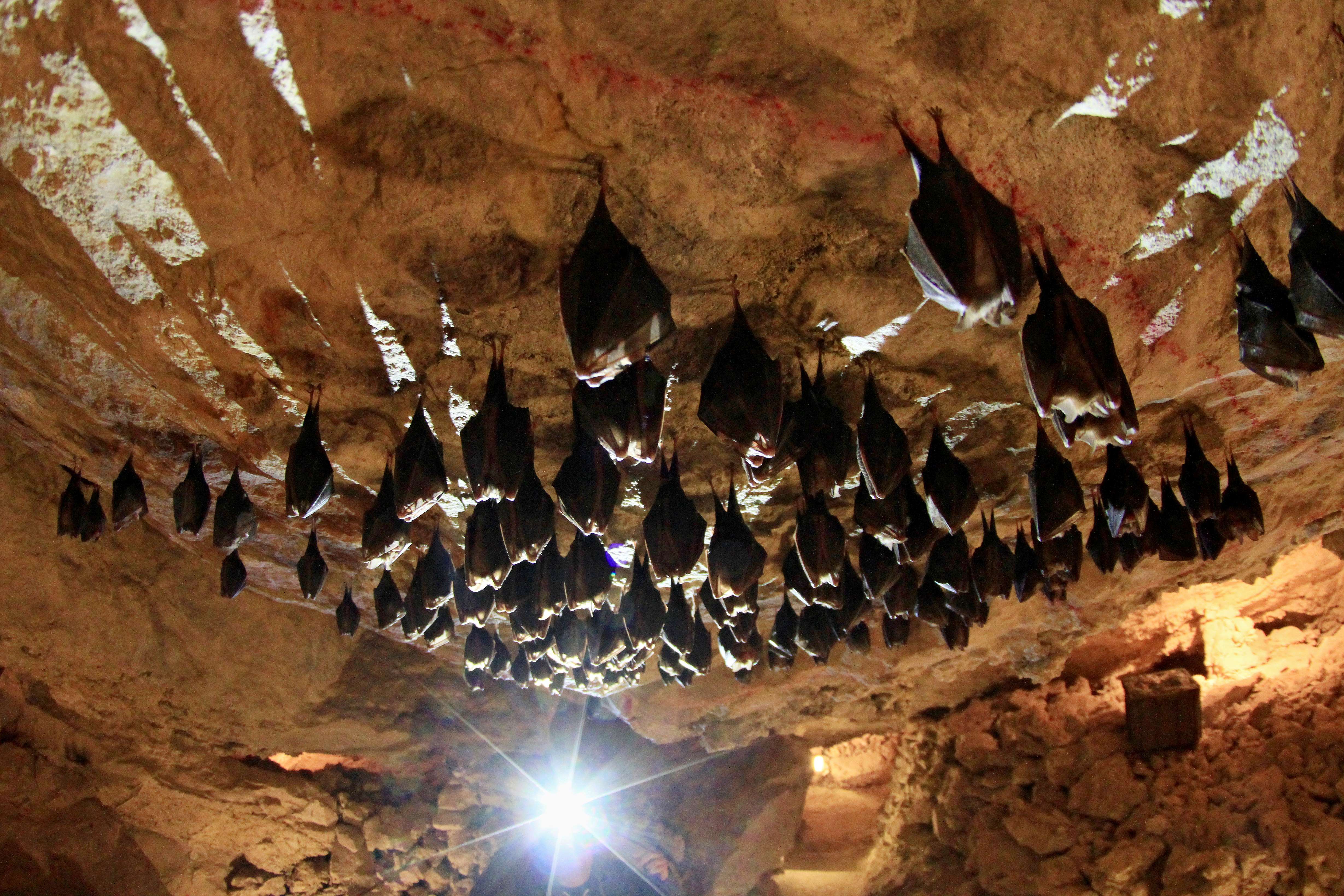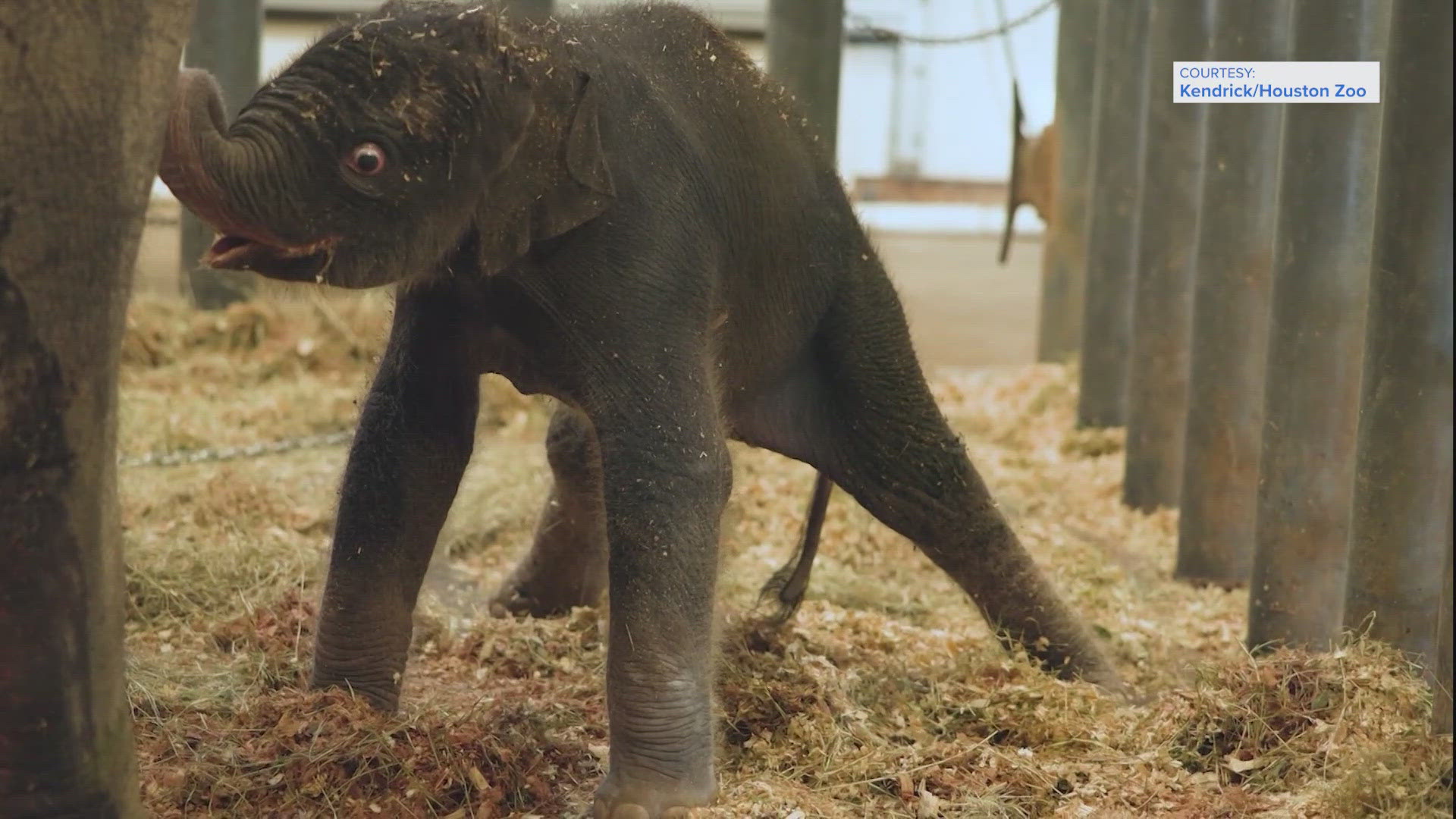Eating, mating, sleeping, fighting: Bats have plenty to argue about, and scientists have discovered the nocturnal creatures have a "language" they use to talk to each other, according to a new study.
In a months-long analysis of almost 15,000 sounds made by 22 Egyptian fruit bats, researchers say the noises contain a surprising level of information, including the identity of the talker, the listener, as well as the context of the chatter.
"We now know that the cacophony we hear when entering a bat cave is far from just noise," said study lead author Yossi Yovel, a Tel Aviv University neuroecologist. "We have found that bats fight over sleeping positions, over mating, over food or just for the sake of fighting."
Yovel found the bats made different, specific sounds for each of those squabbles. "To our surprise, we were able to differentiate between all of these contexts in complete darkness," he said.
"A third bat listening to a fight between two bats can tell who is shouting, what is the context of shouting (such as fighting over food or over position or over mating) and even to some extent who is being shouted at," Yovel said.
The researchers were even able to identify different sounds indicating the greetings of a "friend" or a "foe."
Like humans, bats are social animals. They live 20 to 30 years, settle in large colonies, and use vocalizations — or calls — for communication, possibly similar to other mammals such as dolphins or monkeys. That suggested sophisticated vocal communication might evolve, and that's what Yovel set out to examine.
Yovel and his team conducted the tests in his university's "bat cave," where the bats were continuously monitored with video cameras and microphones around the clock for 75 days, according to the study.
Although it was not the first study to look at bat vocal communication, it was "the first to use such a huge data set and to show that bat 'shouting' actually contains a lot of information," Yovel said.
"Animal vocal communication contains much more information that we previously thought," he said, adding more research into bat communication will help determine whether the vocalizations are learned by the bats or whether they are born with their vocal repertoire. Future tests might also be done in the field, rather than in the lab.
The study appeared in the British journal Scientific Reports.


